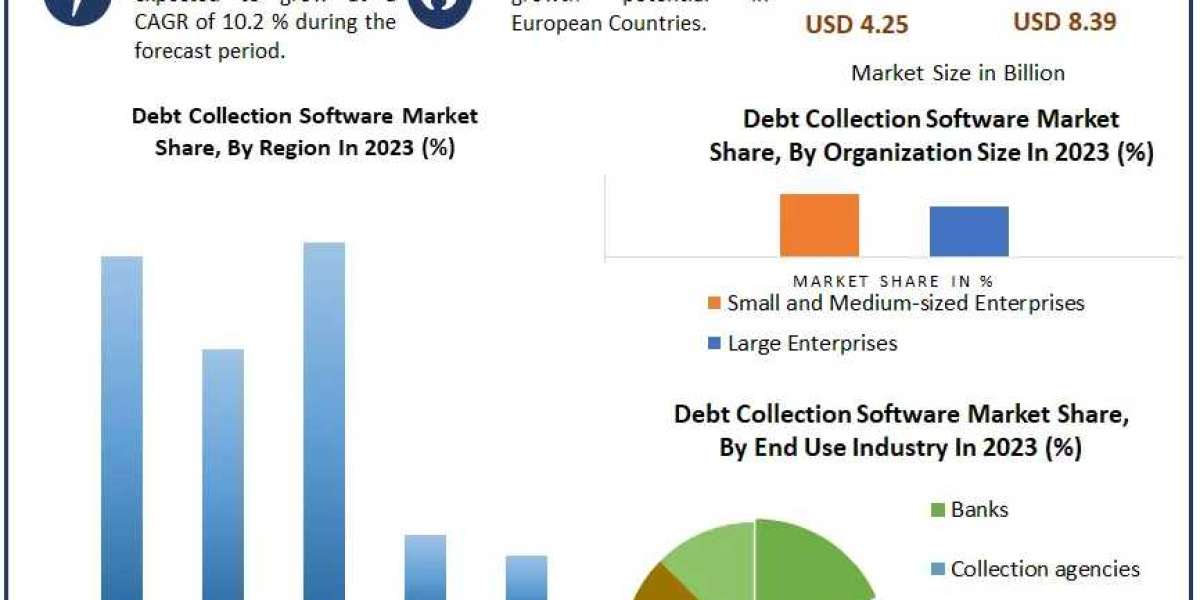The global 5G base station market, valued at USD 14.7 billion in 2022, is projected to surge at a compound annual growth rate (CAGR) of 31.3%, reaching USD 167.3 billion by 2031. This exponential growth underscores the pivotal role of 5G base stations in the advancement of telecommunications and the broader digital landscape.
Driving Forces Behind Market Expansion
A primary catalyst for the expansion of the 5G base station market is the escalating demand for high-speed data and low-latency services. The proliferation of 5G-enabled smartphones and the burgeoning need for real-time applications, such as augmented reality (AR), virtual reality (VR), cloud gaming, autonomous vehicles, and telemedicine, are significantly driving this demand. These applications necessitate robust 5G infrastructure to ensure seamless and rapid data transmission, thereby boosting the deployment of 5G base stations.
Moreover, the integration of 5G with the Internet of Things (IoT) is unlocking unprecedented opportunities across various sectors. 5G’s enhanced capacity, speed, and reduced latency make it ideal for IoT applications in smart cities, industrial automation, and connected vehicles. This synergy is expected to accelerate the installation of 5G base stations, further propelling market growth.
Challenges and Mitigation Strategies
Despite the promising outlook, the 5G base station market faces challenges, notably high energy consumption and environmental concerns. The deployment and operation of 5G infrastructure require substantial energy, potentially impacting sustainability efforts. Addressing these challenges involves innovating energy-efficient technologies and exploring renewable energy sources to power 5G base stations, thereby mitigating environmental impacts.
Technological Innovations and Market Dynamics
Technological advancements are at the forefront of the 5G base station market evolution. The adoption of Massive MIMO (Multiple Input Multiple Output), beamforming, and mmWave frequencies is revolutionizing data transmission capabilities, ensuring higher speeds, lower latency, and increased network capacity. These innovations are crucial in supporting the ever-growing data requirements and enhancing the performance of 5G networks.
Companies are heavily investing in research and development to stay competitive. Prominent players like Huawei Technologies, Nokia Corporation, and Ericsson are leading the charge, focusing on developing cutting-edge 5G solutions and expanding their market presence. Collaborative efforts between telecom operators and technology firms are also pivotal in accelerating the deployment of 5G infrastructure globally.
Get Sample PDF Copy: https://www.transparencymarketresearch.com/sample/sample.php?flag=Srep_id=69663
Regional Insights and Future Prospects
Regionally, Asia Pacific is poised to dominate the 5G base station market, driven by substantial investments in 5G technology and high penetration of 5G-enabled devices, particularly in China and South Korea. The aggressive rollout of 5G infrastructure in these countries is setting the pace for global market growth.
Looking ahead, the 5G base station market is set to transform various industries, from telecommunications to healthcare and beyond. The continued integration of 5G and IoT, coupled with ongoing technological advancements, will be instrumental in shaping a connected and efficient future. As market dynamics evolve, stakeholders must navigate challenges and leverage opportunities to harness the full potential of 5G technology.

![Flexible Flat Cable (FFC) Market Size [2024] Industry Share, Growth, Scope, Revenue](https://seniorgo.ai/upload/photos/2024/04/WVlEtU5SCHovHuYlCVng_09_88798925b3fb9ae8aebc7e9dd54b1cf8_image.jpg)

